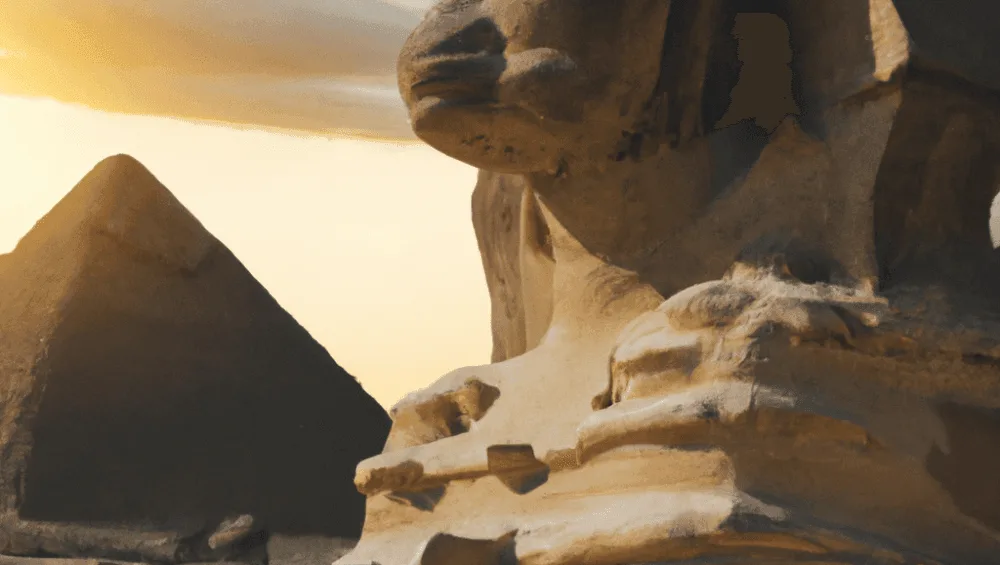**Cultural Etiquette: Essential Tips for Tourists in Egypt**
When it comes to travel, understanding and respecting local customs can make a world of difference. In a destination as rich in history and cultural diversity as Egypt, practicing cultural etiquette isn’t just a nicety – it’s essential. As a travel agent or tour operator, you play a crucial role in shaping your clients’ experiences in this magnificent land of pyramids, temples, and vibrant local life. By instilling cultural sensitivity into your travel packages, you help create a positive tourism landscape that benefits both visitors and the local community. In this blog post, we’ll explore essential tips for tourists regarding cultural etiquette in Egypt, highlighting their long-term benefits for both travelers and the destinations they visit.
### Embrace the Warmth of Egyptian Hospitality
Egyptians are renowned for their hospitality, often greeting guests with warmth and generosity. This cultural hallmark is vital for building connections between tourists and locals. When your clients interact with Egyptians, encourage them to reciprocate this friendliness. A simple smile or a polite greeting in Arabic, such as “Ahlan wa sahlan” (welcome), can go a long way in fostering goodwill.
**Question 1: How can tourists respectfully engage with locals?**
To respectfully engage with locals, tourists should take the time to learn a few basic Arabic phrases and understand the significance of greetings. Encouraging clients to ask questions and express genuine interest in local customs will enhance their interactions. Remind them that many Egyptians appreciate when visitors make an effort to understand their culture, leading to more enriching experiences.
### Dress Modestly, Especially in Religious Sites
Egypt is a predominantly Muslim country where modesty in dress is highly valued, particularly in religious sites such as mosques and Coptic churches. Advising your clients on appropriate attire is crucial for respecting local norms. For women, wearing clothing that covers the shoulders and knees is advisable, while men should avoid shorts in sacred spaces.
**Question 2: What should tourists wear when visiting religious sites in Egypt?**
Tourists should aim for conservative clothing when visiting religious sites. Women can opt for long skirts or trousers and loose-fitting tops, while men should wear long pants and shirts with sleeves. Additionally, it’s a good idea for women to carry a light scarf to cover their heads when entering mosques. This not only shows respect but also enhances the overall visitor experience.
### Understanding Local Customs and Traditions
Egypt is steeped in customs and traditions that may be unfamiliar to many visitors. From traditional meals served during Ramadan to the significance of social gatherings, understanding these cultural nuances is essential for tourists wishing to immerse themselves fully in the local experience.
**Question 3: What are some important customs tourists should be aware of?**
Tourists should be aware of several key customs, such as the importance of sharing food and the etiquette surrounding meal times. It’s customary to eat with the right hand, as the left hand is considered unclean. Additionally, during Ramadan, tourists should be respectful of those fasting by refraining from eating, drinking, or smoking in public during daylight hours. Educating your clients on these customs fosters mutual respect and enhances their travel experience.
### The Long-Term Benefits of Cultural Sensitivity
Cultural sensitivity in tourism not only enriches the visitor experience but also has far-reaching benefits for the local community. When tourists engage respectfully with locals and their customs, they contribute to a more harmonious relationship between visitors and residents. This positive interaction fosters community pride and encourages local initiatives that protect and promote cultural heritage.
Moreover, when travelers are educated about local customs, they are less likely to exhibit behaviors that may be deemed offensive, leading to a more sustainable tourism model. As travel agents and tour operators, promoting cultural etiquette in your itineraries not only benefits your clients but also supports the preservation of Egypt’s rich heritage.
### Conclusion: A Journey of Mutual Respect
In conclusion, cultural etiquette is a vital aspect of the travel experience in Egypt. By equipping your clients with essential tips and insights, you prepare them for a journey that is not only enjoyable but also respectful of the local culture. As Egypt continues to welcome travelers from around the globe, fostering cultural sensitivity will lead to a more sustainable and enriching tourism landscape. At Discovery Tours, we believe that every traveler’s journey should be steeped in respect and understanding, creating lasting memories that bridge cultures and build connections. Encourage your clients to embrace the charm of Egypt while honoring its traditions, and watch as their experiences become all the more meaningful. Happy travels!





